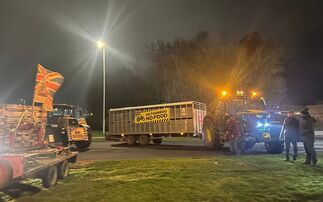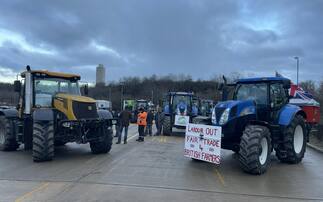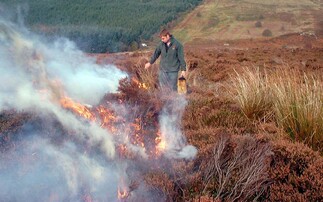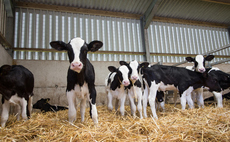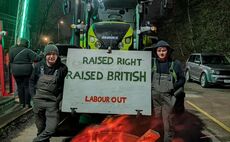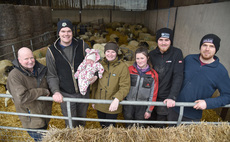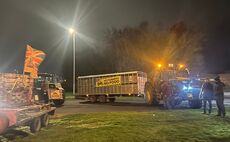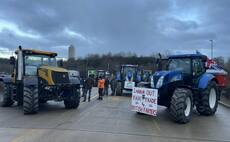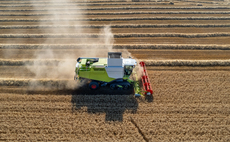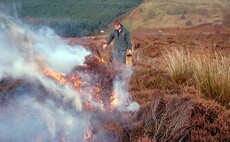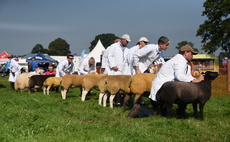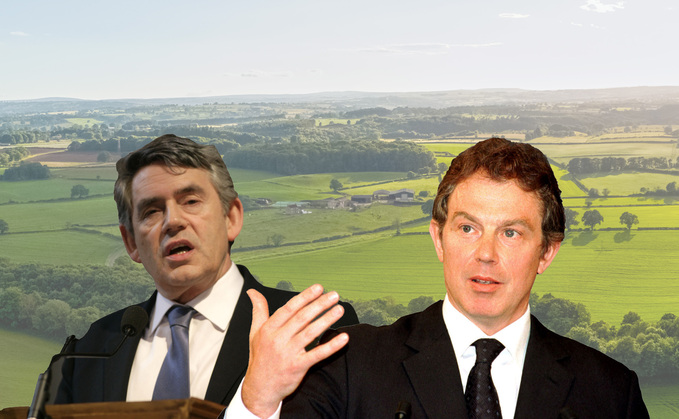
Last year saw the end of a 14-year Conservative Party reign, as Labour's Sir Keir Starmer entered Number 10 Downing Street as Prime Minister.
Since the Autumn Budget was announced in October, farming has felt the pressure of funding cuts and policy changes, but what happened last time Labour were in power?
Tony Blair, who was the Prime Minister from 1997 to 2007, saw the country through what was undoubtedly one of its darkest times during the foot-and-mouth outbreak.
Foot-and-mouth
The 2001 outbreak resulted in the slaughter of over 3.5 million livestock within the first six months and approximately 6.5 million after 12 months. The disease devastated the farming sector emotionally and economically - the results massively impacted the markets and cost the Government approximately £8 billion. Farmers made compensation claims too, with some reaching £4.2 million. The mounting pressure from the sector was impossible to ignore, and when Mr Blair stepped down as Prime Minister six years later, the expectations for improvement rested on his successor, Gordon Brown.
When Mr Brown stepped into his role as Prime Minister in 2007, British farmers were already feeling the long-term impacts of falling agricultural prices, rising costs and expenses and changing European policies. Upon his departure in 2010, the total income from farming had declined by approximately 4.3% in real terms, following inflation adjustments.
Shortly after Mr Brown became Britain's Prime Minister, a global food crisis was underway. Deriving from a sharp increase in international agricultural commodity prices, the crisis hit the farming industry hard in 2007 and even more so in 2008.
Farmers were battling increased costs, reduced profits and high demands.
Feed prices
A big problem was the high animal feed prices. This meant that farmers' profit margins were squeezed, dairy herd sizes decreased and milk output was strained.
During the peak of the crisis in 2008, prices of livestock feeding resources rose by 28% in comparison to the previous year, with the average price of cereals being shockingly 43% higher.
Another issue Mr Brown faced was the economic collapse of the pound. A weaker pound value meant more competitive exports. The UK has been largely considered to rely on imports and its agriculture, both of which support the country's economic stability and growth. With the sterling value unstable, the success of agricultural exports was equally so.
Did Mr Brown's Government have much of an impact on the farming industry?
The answer in short is no, though this is not necessarily a bad thing.
The Central Association of Agricultural Valuers Secretariat Jeremy Moody said that generally, Mr Brown had very little effect on the farming industry, given that his arrival into office was during ‘a period of recovering stability'.
Prior to Gordon Brown stepping into office, the Common Agricultural Policy (CAP) was hit with reforms from the European Union, and the Single Payment Scheme (SPS) was introduced in 2005. Mr Moody said: "CAP was never really Government policy and was largely handled through the EU."
Mr Moody said this change in policy was a spectacular mess, which only began to settle down towards the end of Mr Brown's term in 2010. To complicate things further, Mr Moody added that at the time Mr Brown stepped into his role as Prime Minister, the farming community viewed the SPS from a jaundiced perspective.
READ NOW: Beulah Speckled Face sheep form foundation of Welsh family's quality livestock enterprise
Bluetongue
In relation to the increase in animal diseases, specifically the risk of blue tongue, Mr Brown responded successfully. Working through DEFRA, the disease was ‘hit hard and effectively' as Jeremy Moody explained.
During the 2007-2008 outbreak, documents show that the disease was limited to the south and east of the UK, and with the implementation of a thorough containment and vaccination programme, the disease was managed.
Although problems with CAP were largely in the hands of the European Union, and the chaos of the economic and food crisis, combined with uncertainty of animal disease, created a sense of doubt within the farming industry, Mr Moody said that ‘you will always find people claiming uncertainty', and the Labour Government under Mr Brown neither made drastically brilliant or detrimental changes to the agricultural sector.
Many of the issues faced were seemingly out of Mr Brown's control when they arose, and the focus was on trying to keep the UK's economy afloat through a period of change.








